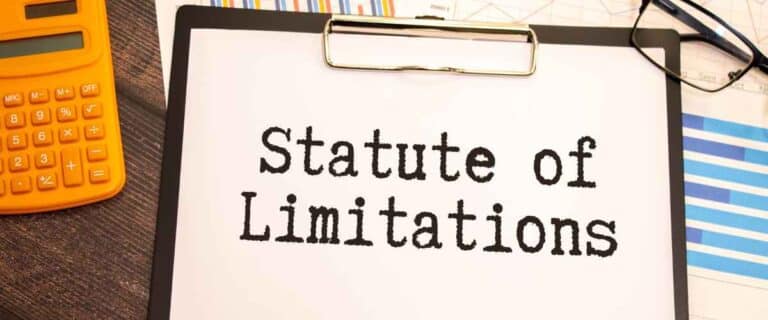Hyundai is adding thousands of its vehicles to its list of recalled cars both in the U.S. and South Korea after learning that certain models could expose drivers and passengers to fire risks.
The initial recall was launched by Hyundai and the South Korean government’s transport ministry after the firm learned that the Hyundai Kona Electric vehicles built between September 2017 and March 2020 were likely to experience engine fires.
Unfortunately, South Korean officials are unsure of what causes the issue impacting the 25,564 vehicles. Beginning October 16, Hyundai will inspect all impacted units, update their software, and replace battery packs in an attempt to avoid fires.
In the U.S., Hyundai is in the process of initiating a similar recall.
According to the manufacturer, the firm is in talks with the National Highway Traffic Safety Administration and it should be processing a nationwide recall in the near future.
So far, U.S. regulators have not yet opened a probe into any fires. However, this isn’t the first time the company launches a fire-related recall in America.
Recently, Hyundai and Kia recalled thousands of vehicles over fire risks impacting older vehicles. Honda, Chrysler, Toyota, and Mclaren all issued similar recalls. However, the problem that impacts Kona vehicles has yet to be identified.
Hyundai Recall Follows 13 Unexplained Fire-Related Auto Accidents
The initial South Korean Hyundai recall followed the report of 13 unexplained auto fires involving Kona vehicles nationwide after over 100,000 had been sold. After investigating the problem, both Hyundai and LG Chem failed to identify the issue that prompted the incidents. They were also unable to recreate the scenario that may have sparked the incident. In any case, engineers believe that faulty battery cell production could be behind the short circuit.
The firm is cooperating with regulators and continues to work to identify what is making the combustion more likely to occur with the Kona models. Until more details are available, Hyundai car owners who are concerned about their safety should reach out to the firm to have their concerns addressed.
For more on the South Korean recall and how the firm is working to have this issue addressed, click here.



